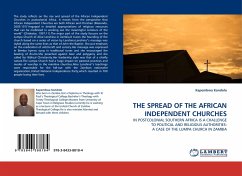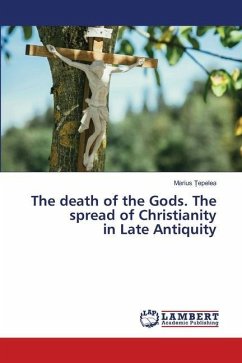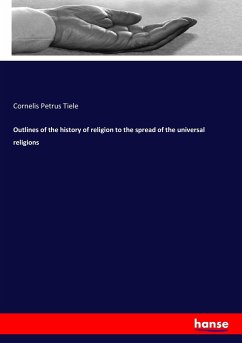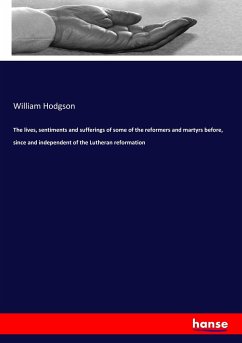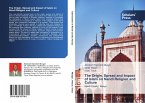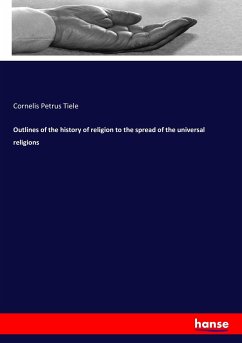The study reflects on the rise and spread of the African Independent Churches in postcolonial Africa. It moves from the perspective that African Independent Churches are both African and Christian (Masondo, 2005:101) engaged in detailed appropriations of religious resources that can be mobilized in working out the meaningful contours of the world (Chidester, 1997:11).The major part of the study focuses on the Lumpa Church of Alice Lenshina in Zambia.It traces the founding of the church based on a series of vision by Lenshina.Lenshina s message was styled along the same lines as that of John the Baptist. She put emphasis on the eradication of witchcraft and sorcery.Her message was expressed in Bemba hymns sung in traditional tunes and she encouraged the beating of drums.She preached against beer and polygamy and she called for Biblical Christianity.Her leadership style was that of a chiefly nature.The Lumpa Church had a huge impact on pastoral practices and modes of worship in themainline churches.Alice Lenshina s teachings were responsible for the fall-out with the Zambian nationalist organization,United National Independence Party,which resulted in 700 people losing their lives.
Bitte wählen Sie Ihr Anliegen aus.
Rechnungen
Retourenschein anfordern
Bestellstatus
Storno

